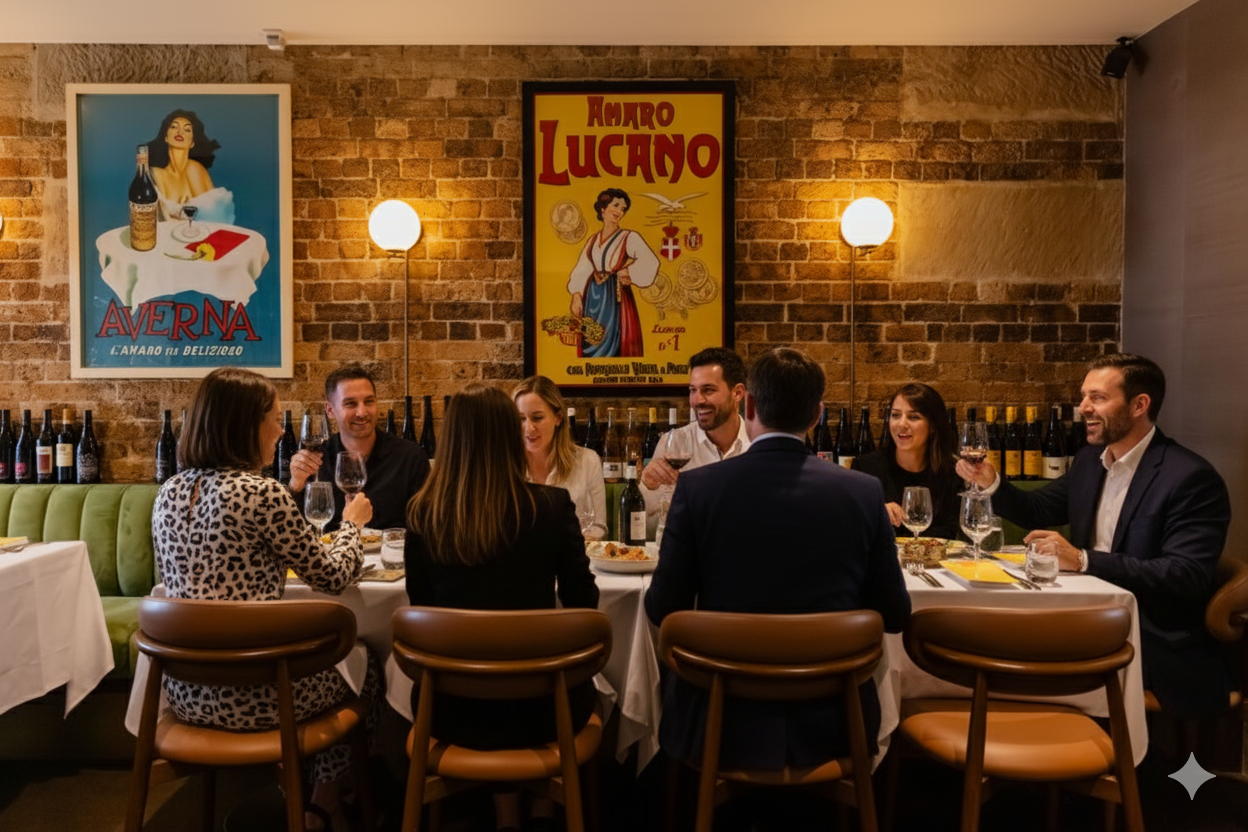5 AI Hacks Every Venue Should Be Using
AI is evolving at lightspeed, but for hospitality businesses, the question isn’t if AI is useful, it’s how to put it to work in practical, meaningful ways.
You don’t need to be a tech expert to reap the rewards. With the right tools, AI can simplify your operations, amplify your marketing, and help you deliver a more seamless guest experience.
Here are five real-world examples of restaurants using AI to optimise operations.
1. Streamlining Kitchen Operation
Running a kitchen is complex enough without having recipes scattered across different formats or relying on one person’s memory. One chef we worked with, uploaded all their recipes into ChatGPT (including photos of decades-old hand-scrawled recipes) and asked it to:
Group them by category (e.g., entrées, mains, desserts)
Output them into a CSV file
Add extra columns for metric conversions, prep time, allergen details, and portion size
In minutes, the chef had a transportable, shareable spreadsheet that the entire kitchen team could use. The result? Less confusion, fewer mistakes, and a more consistent product for guests.
2. Recycle your marketing assets
We all know that photos sell, but the empty venue photo you use on your functions page can work against you on socials. What guests really want to see is the energy: the clink of glasses, the hum of conversation, the feeling of being part of something special.
That’s where AI editing tools come in. With just a few prompts, you can breathe life into existing shots of your venue, adding people to create atmosphere even soften the lighting for warmth.
It’s not about faking reality; it’s about helping potential customers picture themselves there. And the truth is, social posts with lively, inviting scenes perform far better than those with rows of empty tables.
Before
After
3. Always-On Reservation Managers
Imagine never missing another reservation enquiry. By training an AI web agent on your business information (menus, opening hours, function packages), you can create a 24/7 digital assistant that lives on your website.
These agents can:
Answer FAQs instantly (“Do you cater for gluten-free?”)
Handle group booking requests
Capture contact details and pass warm leads directly to your team
For busy operators, this means fewer missed opportunities and a faster path from enquiry to confirmed booking. Guests get the answers they need instantly, no waiting for tomorrow’s email reply.
Here are a few already trained AI phone agents: Axify Slang Sadie
4. Upsell Analytics
Your menu isn’t just a list of dishes, it’s one of your most powerful sales tools. AI can analyse past sales data, guest preferences, and even online reviews so that you know how to position items for maximum impact.
For example:
Highlight high-margin dishes in prime positions on the menu
Identify underperforming items that could be renamed, repriced, or removed
Suggest bundle offers (like a “date night set” or “family feast”) based on customer ordering patterns
The outcome? Higher average spend per head and a menu that works harder for your bottom line.
5. Smarter Reputation & Review Management
Your online reputation is often the first thing a potential guest sees. AI can monitor review platforms in real time, flag urgent issues, and even draft thoughtful responses in your brand’s tone of voice.
For example, if a guest leaves a 3-star review about slow service, AI can draft a polite, empathetic response and escalate the issue to your manager before it spirals. Positive reviews can be automatically pulled into your website or marketing collateral to build trust with new guests.
This turns reputation management from a reactive chore into a proactive marketing tool.
Need more operational advice?
If you’re looking for guidance beyond marketing, especially on the operational side of running a venue, we’re here to help.
With over 33 years of hands-on experience owning and managing hospitality businesses, Craig combines operational know-how with deep marketing expertise. He’s an award-winning operator, keynote speaker, and former GM of Sydney’s iconic Kensington Street precinct — making him a rare asset to any venue looking to grow.


